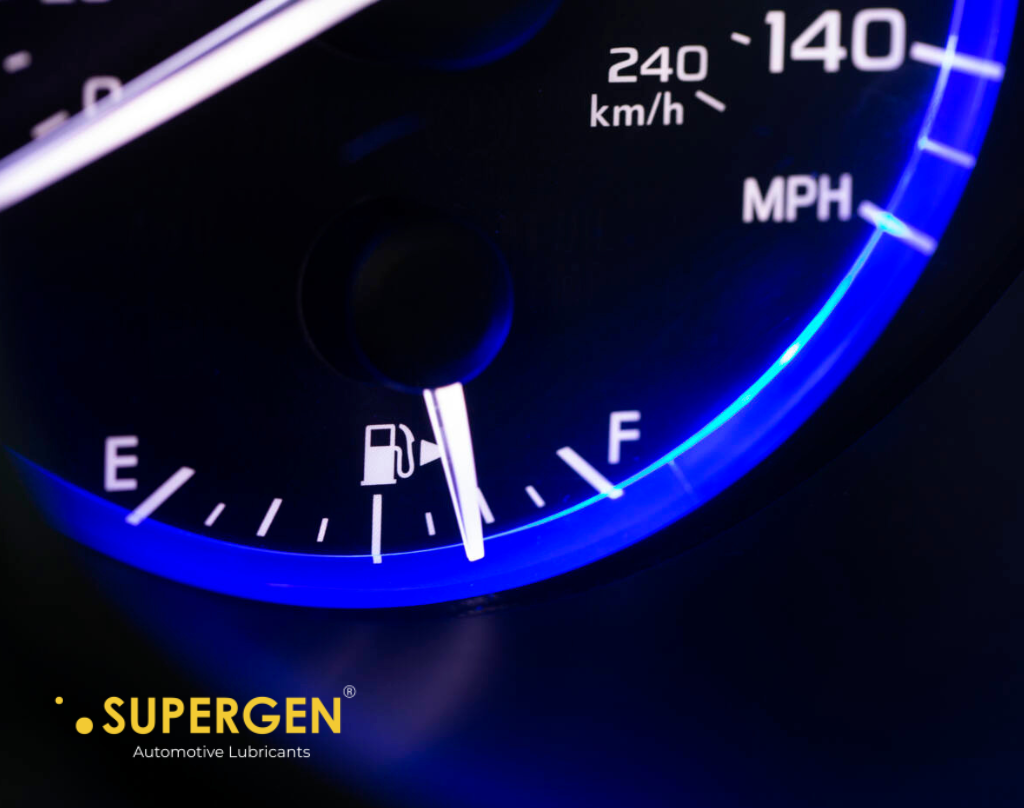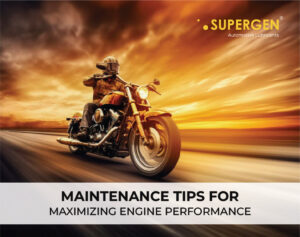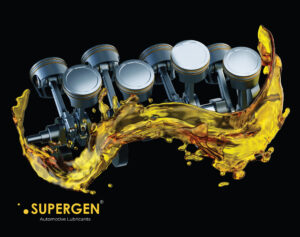With fuel prices and environmental hazards increasingly becoming concerns day-by-day, it’s important for us as those who own and drive vehicles to be aware of these issues as well. Taking responsibility for our driving habits and practices can play a big part in fuel consumption and reduced emission of pollutants. Check out below what we can do to give a hand in helping these causes, as well as helping your own budget too by working towards fuel efficiency.
Checking tire inflation
Two of the primary things your tires deal with is friction and resistance. They ensure you have a smooth ride by absorbing shock and providing grip. However, tires that are not inflated enough have a higher rolling resistance on the road. The more the car travels, the more this increases and in turn, the vehicle requires more fuel to maintain speed.
To avoid this, check your tires regularly to ensure that they are not underinflated, especially if you drive regularly to commute, and also before long journeys. Make sure to get your tires pumped to the recommended psi as stated in the car owner’s manual.
Reducing weight in the trunk
The more weight your car has to pull, the more it requires to travel. The best way to reduce the travelling weight of your vehicle is to check the trunk of the car and see how many unnecessary things can be removed. Except for an emergency tire, make sure everything is essential and you’re not just carrying it around out of habit.
This is useful for bigger cars especially that have more storage space and may also carry more weight. Remember that every extra 50kg your car puts on increases fuel consumption by 2%, so travel as light as possible.
Using the air conditioning
Making careful use of the air conditioning while driving is very important as it affects the petrol or diesel consumption of the vehicle substantially. Using more cooling (air conditioning) will cause the car to use more fuel in order to get the necessary energy. Instead of reaching for the cooling first, try taking off extra layers or rolling down the windows first.
At slower speeds, this is highly beneficial; however, when you’re driving at speeds higher than 80 km/h, having the windows rolled down creates a lot more wind resistance. This affects the vehicle’s aerodynamics and results in more fuel being used.
Maintaining stable speed
Keeping your speed relatively stable while driving means that you won’t need to switch gears too frequently. Every time you change gears, more fuel is consumed as compared to simply cruising. This is important to keep in mind especially when cruising on a highway, where dropping or raising a gear may be tempting.
Another driving habit to take care of is accelerating or braking too suddenly, which affects the fuel consumption in a similar way. Employing anticipatory driving for this purpose is excellent as it aids in planning routes, and slowing down and speeding up gradually. You’ll realise that you get more kilometres per litre in this manner.
Not idling for too long
While waiting for someone, or stationary at a traffic stop, we often keep our engines on without thinking. This is quite harmful for both your usage of petrol or diesel, and the vehicle itself, not to mention the unnecessary fuel emission taking place. Turn off the AC and then turn off the engine, and restart only when it is time to move again.
For the best fuel efficiency, it is vital that you switch off the vehicle if you have to stay stationary for more than 2 minutes. Many modern vehicles are equipped with stop-start technology, which automatically shuts off the engine when the vehicle stops and restarts it when you’re ready to drive again.
Servicing and maintenance
Taking long drives and regular commute takes a toll on the internal mechanisms of your vehicle, as well as the external parts. If not properly maintained, sludge and corrosion can accumulate between engine parts, making it harder for the engine to run smoothly.
Getting regular maintenance done by a professional is non-negotiable, not just for fuel efficiency but for the overall quality and health of your car. Using the right kind of lubrication and engine oil plays a big part in this, as it ensures that all the parts are functioning smoothly.
Mindfully employing these tips and making them into habits can help you save you on fuel money, as well as doing your part in going green and looking at the bigger picture. Take the time to care for your vehicle, be prepared for journeys beforehand and the mileage your vehicle has will be improved like never before.








